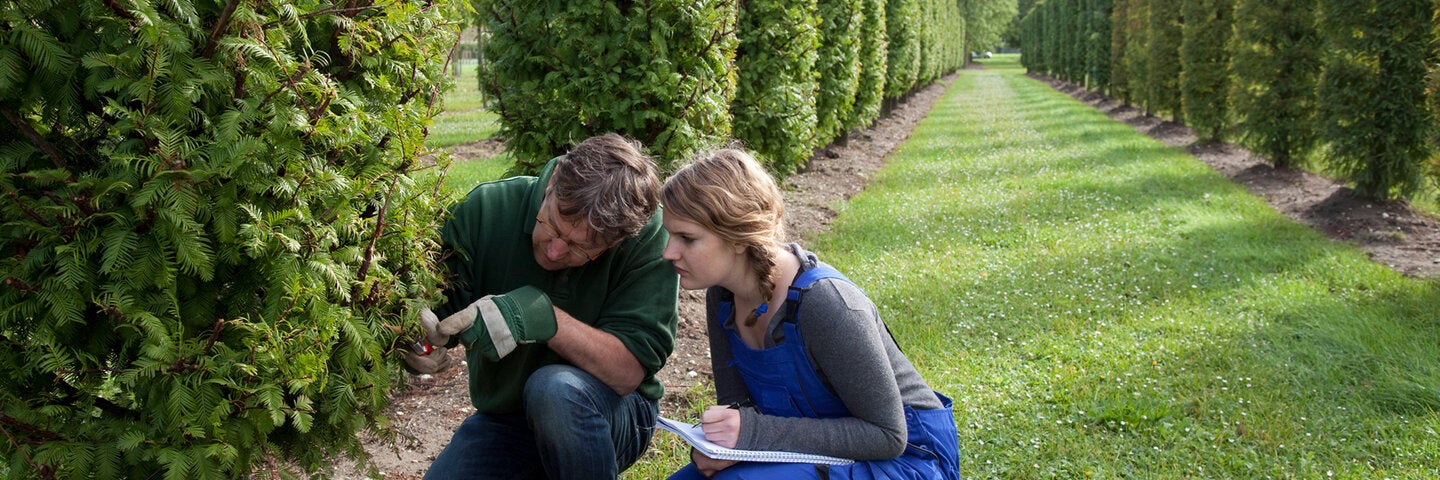General Botany for Gardeners

General Botany for Gardeners
Botany, the scientific study of plants, is the basis for understanding and using plants in the human habitat; covering plant diversity, physiology, and natural adaptation as a foundation for applied uses and plantings.
Get More Info
What you can learn.
About This Course
Spring 2026 Schedule
This is an Online course with no set class meetings.
Optional weekly Zoom Q&A sessions to be determined.
Core course in Horticulture Certificate. Elective course in the Landscape Architecture certificate.
Internet access required. Materials required.
This is an Online course with no set class meetings.
Optional weekly Zoom Q&A sessions to be determined.
Core course in Horticulture Certificate. Elective course in the Landscape Architecture certificate.
Internet access required. Materials required.
This course applies toward the following programs

Horticulture
Take your love of plants and turn it into a career. The Horticulture Certificate provides students with the foundational science behind maintaining plants and their environment. This program may be completed 100% online.

Landscape Architecture
Whether you want to design a national park, or a modest, water-efficient backyard, landscape architecture can give you the skills and abilities to change the places you live, work, and play for the better. The profession of landscape architecture is a multidisciplinary field that weaves together design, environmental systems, sustainability, construction knowledge—as well as land and water conservation—to influence place making, and to create designed outdoor living spaces.

